Poodles have always been a family favorite. This breed is known for it's intelligence, loyalty, and of course it's non allergic hair that many allergic dog lovers praise. But, have you heard of a Merle Poodle? Likely Not! Well, below is all the information you'll need about the Merle Poodle and what makes tyhem different from a Standard or Toy Poodle.
What is a Merle Poodle?
Merle Poodles are a captivating variation of the traditional Poodle breed, characterized by their unique merle coat pattern. This pattern, which can include a mix of colors such as blue, gray, and tan, is caused by the merle gene. The merle gene creates a mottled or patchy appearance on the dog's coat, making each Merle Poodle distinct.
The merle gene is an incomplete dominant gene, meaning that it can produce a range of coat colors and patterns. This gene is not originally found in purebred Poodles but has been introduced through crossbreeding with other merle breeds, such as the Australian Shepherd. As a result, Merle Poodles are not recognized by the American Kennel Club (AKC) as a standard color for a purebred Poodle.
The Genetics Behind the Merle Coat Pattern
The merle coat pattern is the result of a natural mutation in the merle gene. This gene affects the pigmentation of the dog's coat, leading to the characteristic mottled appearance. However, the merle gene can also impact other aspects of the dog's health, including their eyes and ears.
When breeding Merle Poodles, it is crucial to avoid breeding two merle dogs together. This can result in double merle puppies, which are at a higher risk of health issues such as deafness and vision problems.
Responsible breeders conduct genetic testing to ensure that they are not breeding two merle dogs, thereby reducing the risk of producing double merles.
The Appeal of Merle Poodles
Merle Poodles are highly sought after for their striking appearance and unique coat colors. The merle pattern can create a range of beautiful and eye-catching combinations, making these dogs stand out in a crowd. Additionally, Merle Poodles often have blue eyes, which adds to their allure.
Beyond their appearance, Merle Poodles are known for their intelligence, trainability, and friendly nature. They make excellent companions and are well-suited for families, singles, and seniors alike. Their hypoallergenic coat is another appealing feature, as it reduces the risk of allergic reactions in sensitive individuals.
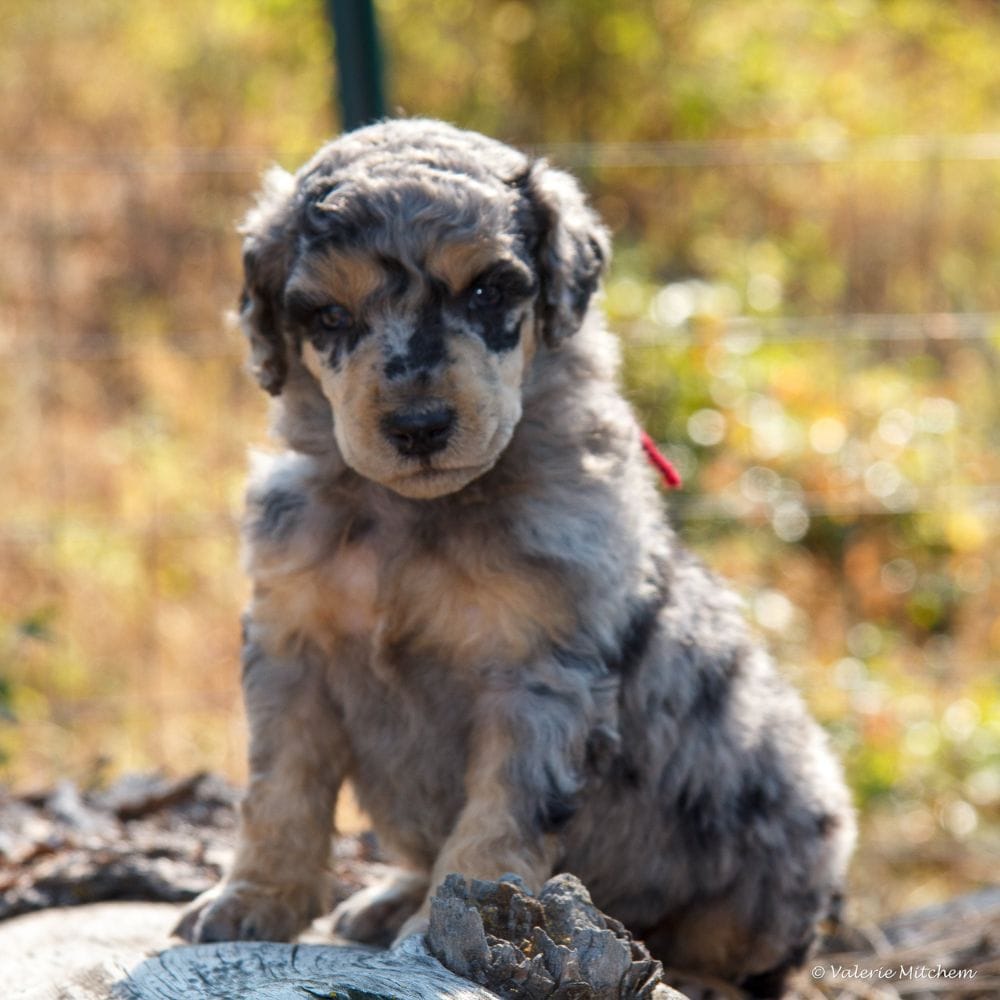
Health Considerations for Merle Poodles
While Merle Poodles are undeniably beautiful, potential owners should be aware of the health issues associated with the merle gene. As mentioned earlier, breeding two merle dogs can result in double merles, which are prone to deafness and vision problems. Even single merle dogs can experience health issues related to their coat color.
To ensure the health and well-being of Merle Poodles, it is essential to work with reputable breeders who conduct genetic testing and follow responsible breeding practices. This includes avoiding the breeding of two merle dogs and carefully selecting breeding pairs to minimize the risk of health problems.
The History of Merle Poodles
The introduction of the merle gene into Poodles is a relatively recent development. Generations ago, breeders began crossbreeding Poodles with other merle breeds, such as the Australian Shepherd, to introduce the merle pattern. This practice has led to the creation of Merle Poodles, which have gained popularity in recent years.
Despite their growing popularity, Merle Poodles are not recognized by the AKC as a standard color for purebred Poodles. This is because the merle gene is not naturally found in Poodles and has been introduced through crossbreeding. As a result, Merle Poodles are often considered non-standard or non-purebred by traditional breed standards.
The Importance of Genetic Testing
Genetic testing is a crucial aspect of responsible breeding practices for Merle Poodles. By conducting genetic tests, breeders can identify whether a merle dog carries the merle gene and make informed decisions about breeding pairs.
This helps to reduce the risk of producing double merles and ensures the health and well-being of the offspring.
In addition to testing for the merle gene, breeders should also test for other genes that can impact the health of Merle Poodles. This includes testing for common health issues in Poodles, such as hip dysplasia and progressive retinal atrophy.
By conducting comprehensive genetic testing, breeders can produce healthier and more robust Merle Poodles.
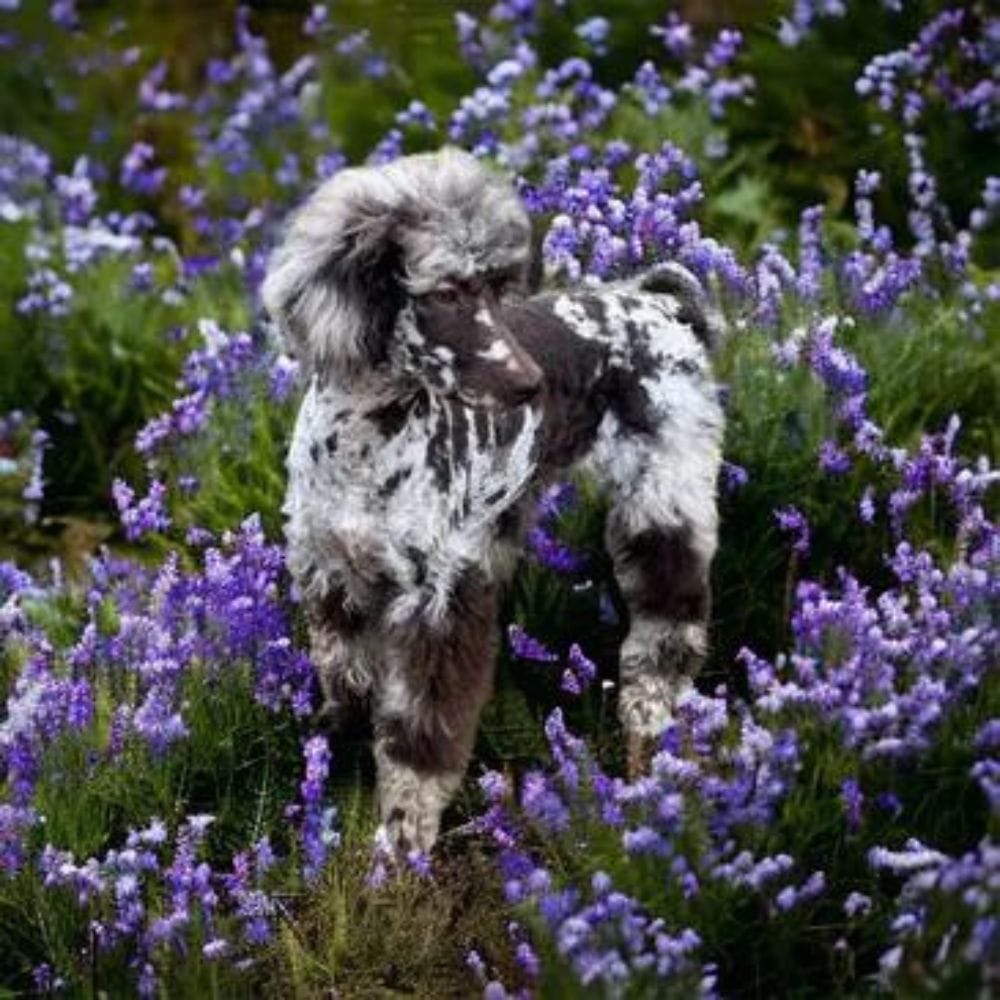
The Role of Breeders in Maintaining Merle Poodle Health
Breeders play a vital role in maintaining the health and well-being of Merle Poodles. By following responsible breeding practices and conducting genetic testing, breeders can reduce the risk of health issues associated with the merle gene.
This includes avoiding the breeding of two merle dogs and carefully selecting breeding pairs to minimize the risk of producing double merles.
Many breeders also provide potential owners with information about the health risks associated with Merle Poodles and offer guidance on how to care for these unique dogs. This includes advice on regular veterinary check-ups, proper nutrition, and grooming practices to ensure the health and happiness of Merle Poodles.
The Popularity of Merle Poodles
Merle Poodles have gained popularity in recent years due to their striking appearance and unique coat colors. The merle pattern, combined with the Poodle's intelligence and friendly nature, makes these dogs highly desirable. Additionally, their hypoallergenic coat is a significant draw for individuals with allergies.
Despite their popularity, potential owners should be aware of the health risks associated with the merle gene and work with reputable breeders who follow responsible breeding practices. By doing so, they can ensure that they are bringing home a healthy and happy Merle Poodle.

Caring for a Merle Poodle
Caring for a Merle Poodle involves regular grooming, proper nutrition, and regular veterinary check-ups. Their hypoallergenic coat requires regular brushing to prevent matting and tangling, as well as occasional professional grooming to maintain its appearance.
Additionally, Merle Poodles should be fed a balanced diet to support their overall health and well-being.
Regular veterinary check-ups are essential to monitor the health of Merle Poodles and address any potential issues related to the merle gene. This includes regular eye and ear examinations to detect any vision or hearing problems early on.
By providing proper care and attention, owners can ensure that their Merle Poodles live happy and healthy lives.
The Future of Merle Poodles
The future of Merle Poodles looks bright, with their popularity continuing to grow. As more people become aware of the unique beauty and charm of these dogs, demand for Merle Poodles is likely to increase.
However, it is essential for breeders and owners to prioritize the health and well-being of these dogs by following responsible breeding practices and providing proper care.
By doing so, they can ensure that Merle Poodles continue to thrive and bring joy to their families for generations to come. With their striking appearance, intelligence, and friendly nature, Merle Poodles are sure to remain a beloved breed for years to come.
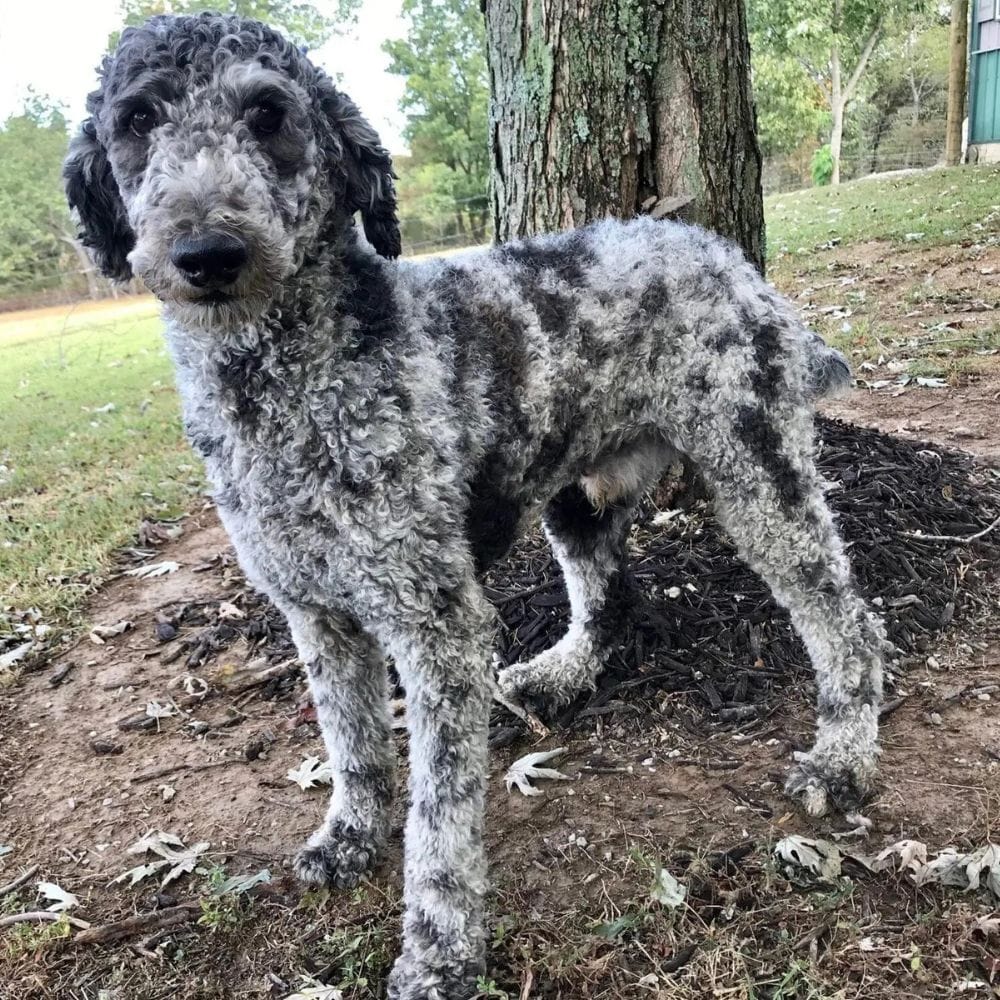
Some Final Thoughts
Merle Poodles are a unique and visually striking variation of the traditional Poodle breed, known for their distinctive merle coat pattern. The merle gene, responsible for this pattern, can lead to health issues if not managed carefully, especially when breeding two merle dogs.
Understanding the genetics and responsible breeding practices is crucial for maintaining the health and well-being of Merle Poodles. By working with reputable breeders and providing proper care, owners can ensure that their Merle Poodles live happy and healthy lives.
Stuff You Need To Know!
Here at TopRatedStuff.com the outdoors is our home. We offer comprehensive reviews on all outdoor gear, sporting goods, and many other top rated products. If you’re a Camper/Backpacker/Fisherman, we’ve got you covered!
If you’re into Tennis/Golf/Pickleball, we’ve got everything you need including informative tutorials and informational articles. Maybe you’re a Prospector/Miner?
We’ve got all the gear you need to get started and many great articles that will help you succeed! We read through countless reviews online and only talk about the best rated top selling products so you can skip all the research and purchase whatever it is you’re looking for, quickly and efficiently!
Thanks Again for checking out our site and we hope you come back and visit us for any of your purchases! Natures gym is always open! Find your Zen outside!
FAQ's
What is a Merle Poodle?
A Merle Poodle is a variation of the traditional Poodle breed characterized by a unique merle coat pattern. This pattern, caused by the merle gene, creates a mottled or patchy appearance on the dog's coat, making each Merle Poodle distinct.
Are Merle Poodles recognized by the AKC?
No, there are not any AKC registered Merle Poodles are not recognized by the American Kennel Club (AKC) as a standard color for purebred Poodles. This is because the merle gene is not naturally found in Poodles and has been introduced through crossbreeding with other merle breeds.
What health issues are associated with Merle Poodles?
Merle Poodles can be prone to health issues related to the merle gene, including deafness and vision problems. Breeding two merle dogs together can result in double merle puppies, which are at a higher risk of these health issues. Responsible breeders conduct genetic testing to reduce the risk of producing double merles and ensure the health of their dogs.
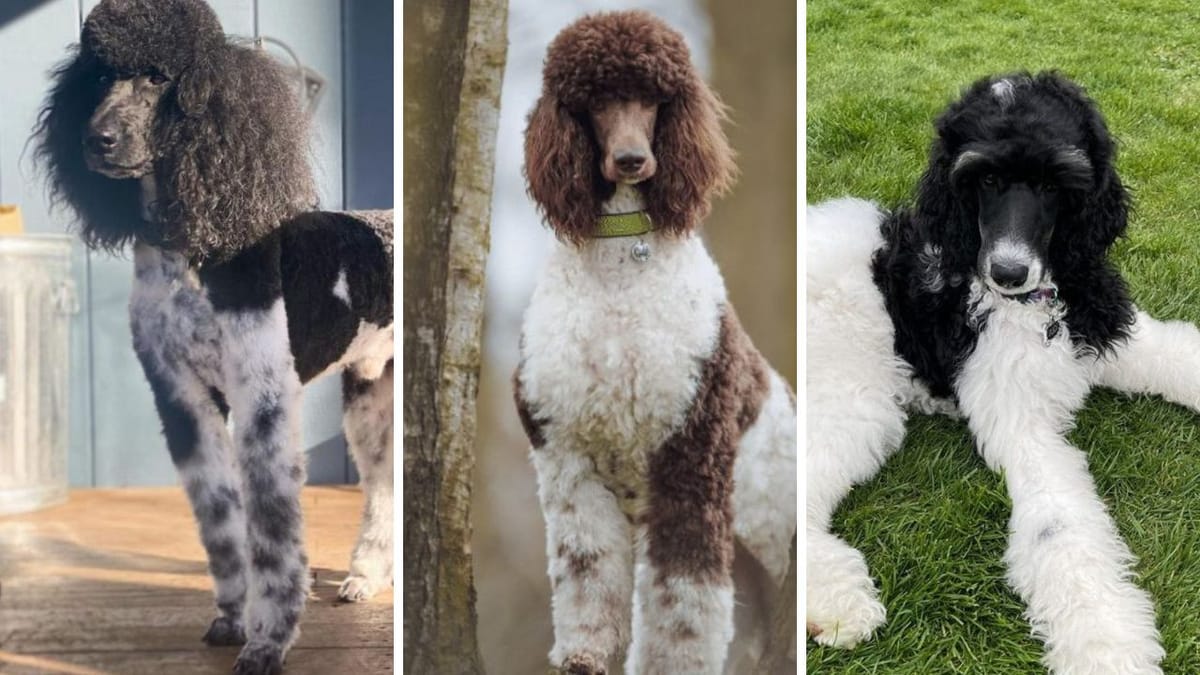
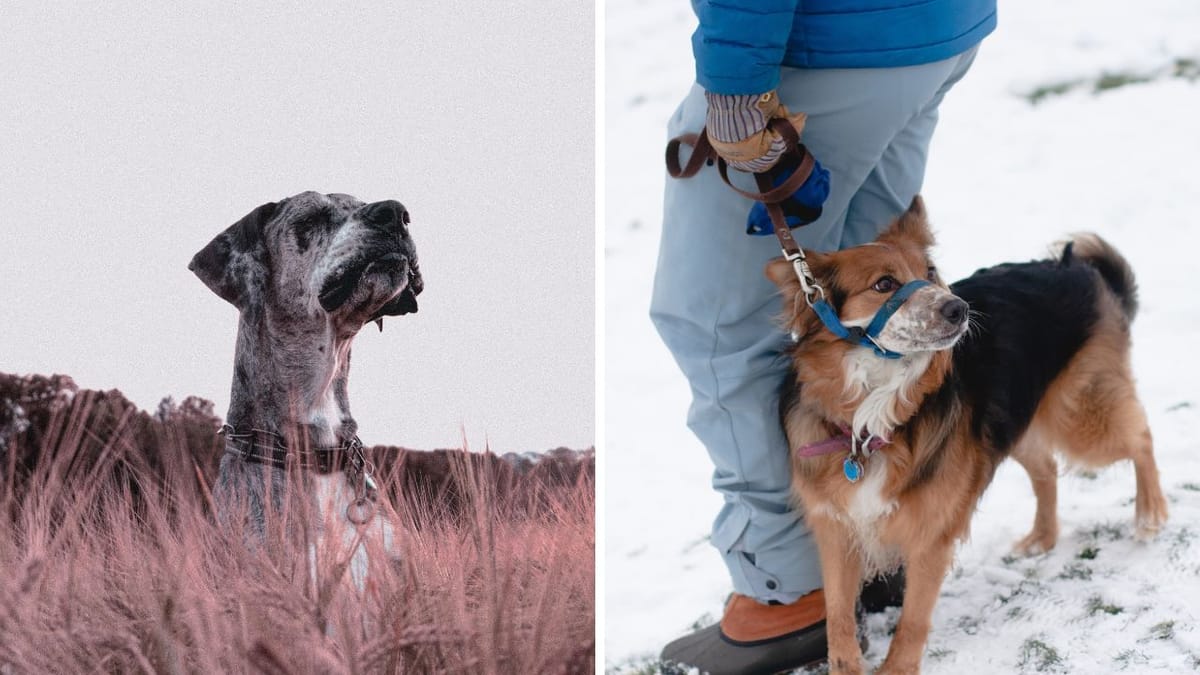
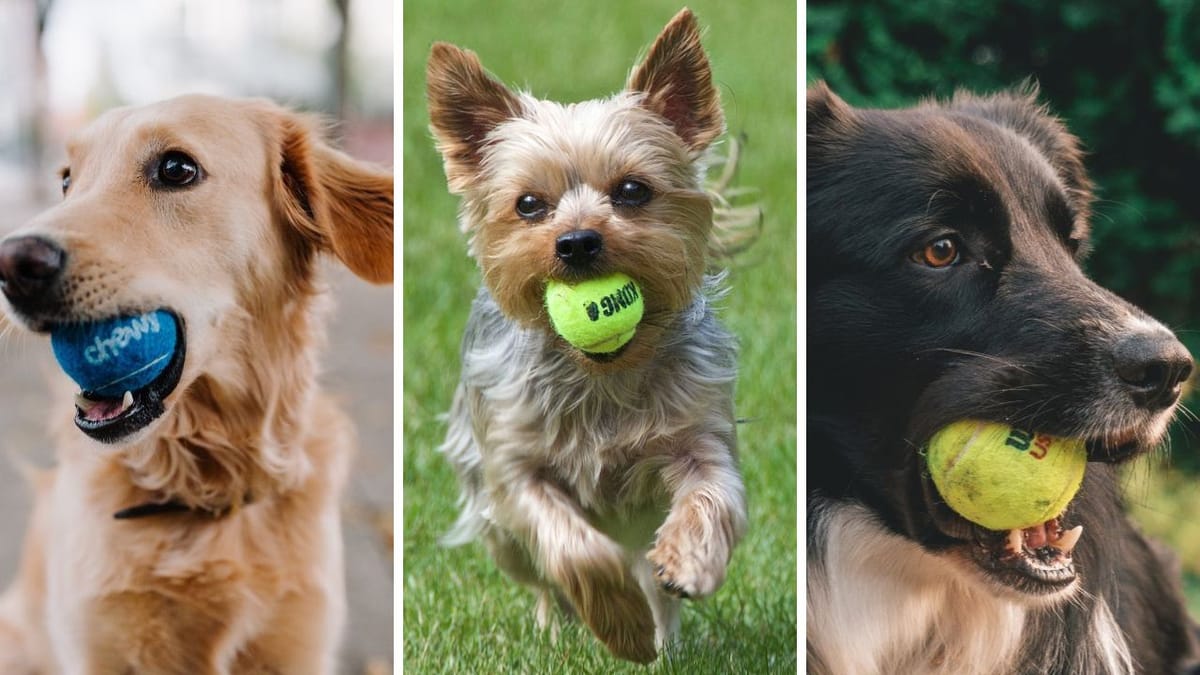
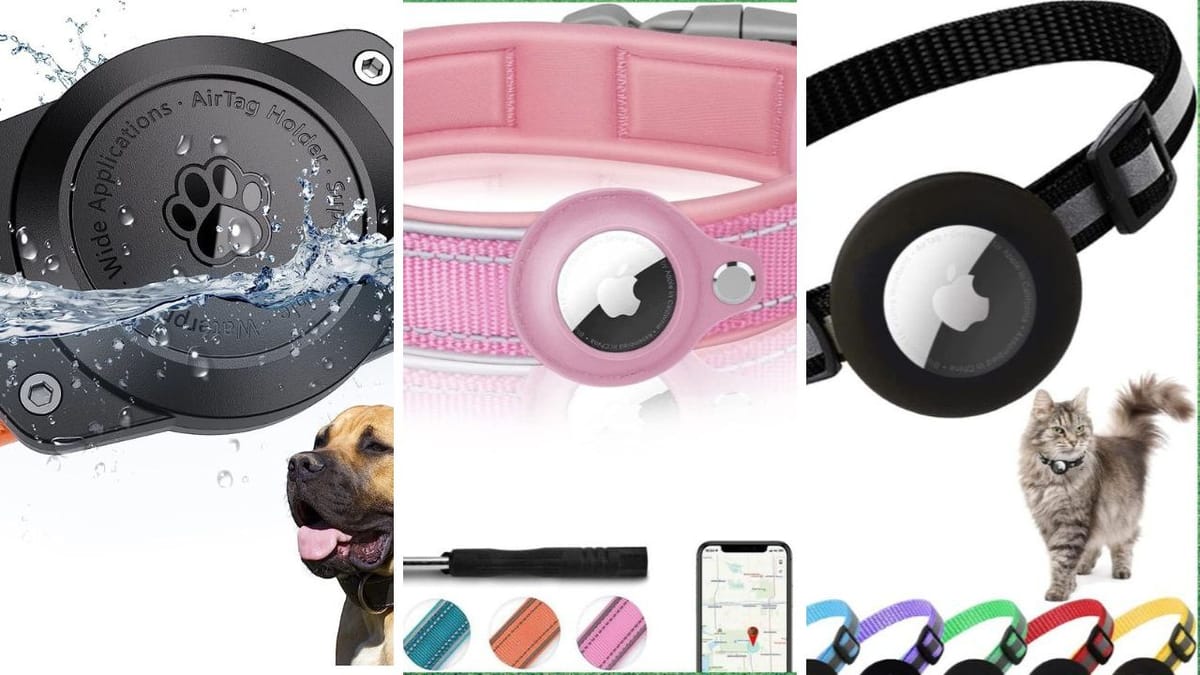

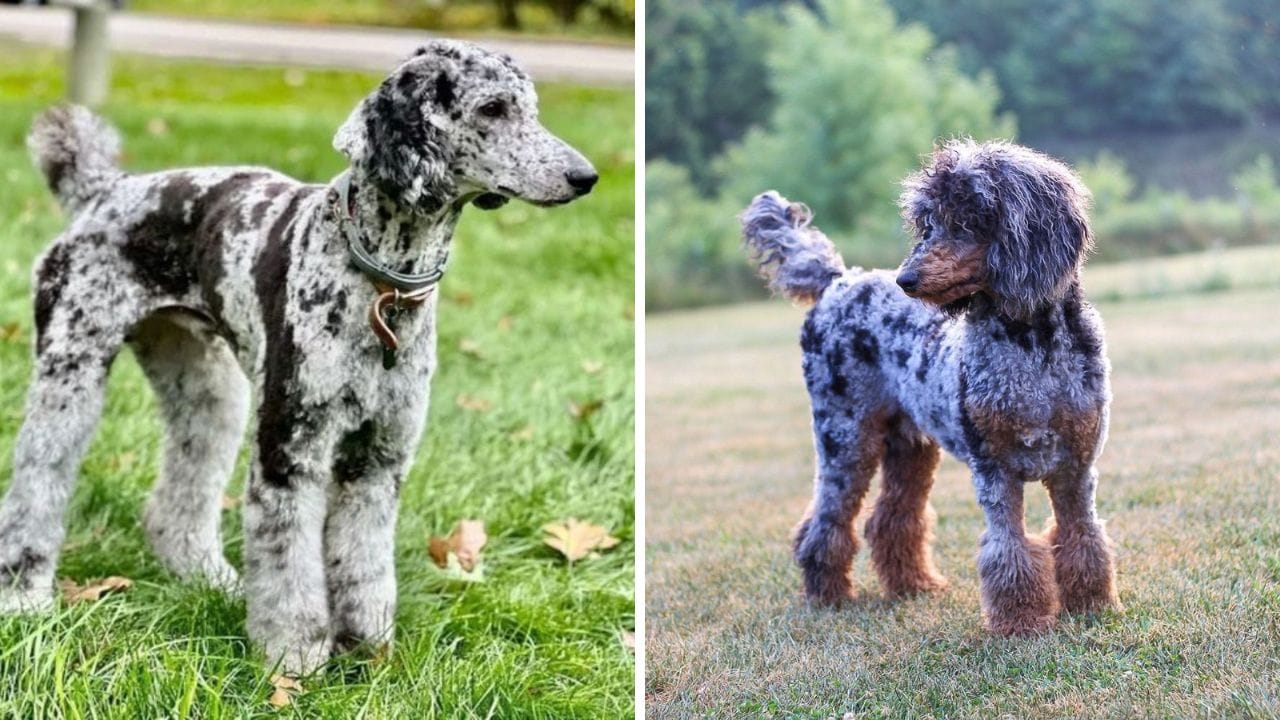




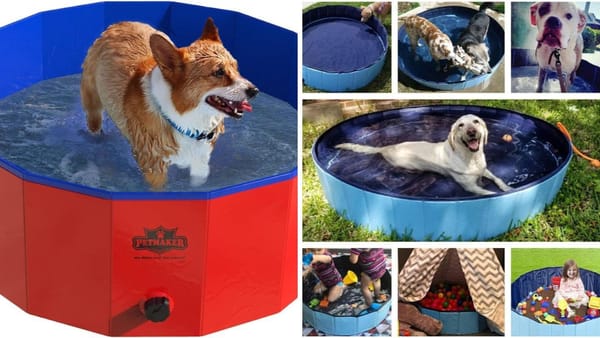



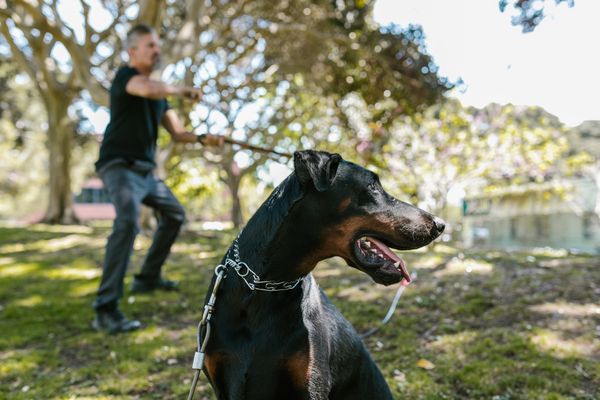
Member discussion